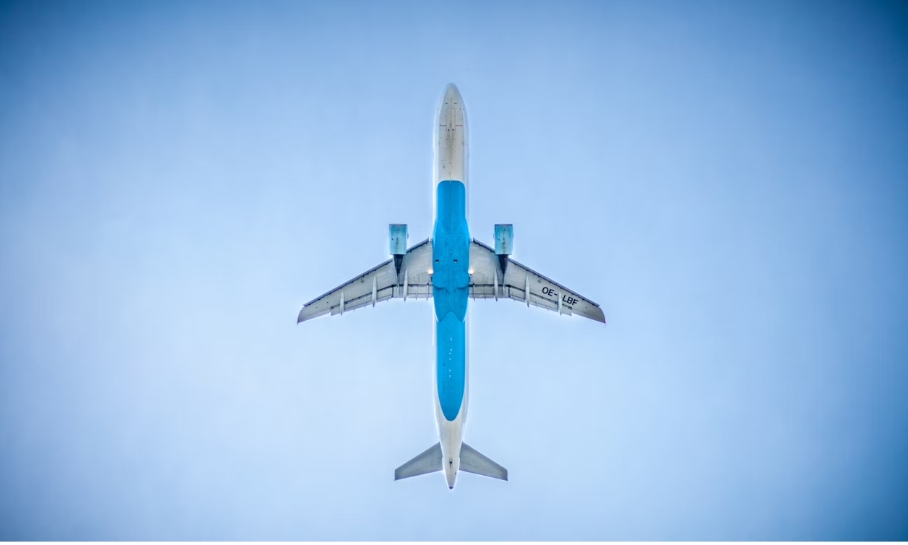Technological advancements and globalisation are common for almost every industry, including aviation. But with the rising aircraft traffic, there is a risk of social and environmental issues. Aircraft noise is a major concern in the aviation sector. So, those working in the aircraft industry should minimise the impact of noise.
Reasons for managing noise issues in the aviation sector
Check for the major reasons for controlling the impact of noise in the Australian aircraft industry.
Public pressure and community wellbeing
Intense aircraft noise affects the community’s quality of life and health. Especially those living near airports encounter the biggest problem.
Prolonged exposure to noise may cause:
- Mental health complications
- Cardiovascular disorders
- Sleep disturbances
Australian communities often express frustration over the noise from overhead flights. As public pressure is a strong force, the aviation industry should address the issue. It will enable aircraft companies to maintain their social license to run the business.
Better urban planning and regulatory compliance
There are dedicated authorities setting noise regulations to govern the aviation industry. For instance, the Department of Infrastructure and Airservices Australia are the major bodies that deal with the relevant rules. They also enforce curfews and implement noise abatement processes. Akso, special planning frameworks efficiently manage noise impacts.
If aviation companies do not comply with these rules, they can face legal penalty risk. Furthermore, aircraft noise affects decisions on urban planning and restricts flight path flexibility. Thus, if noise concerns are overlooked, it may affect future growth.
Environmental impact and sustainability
Continuous aircraft noise is not merely a nuisance to people. Rather, this is an environmental issue, causing a negative effect on the overall community.
International stakeholders and the Australian public have become more aware of sustainable practices. So, they expect more responsible action from airport operators and airlines.
Aircraft noise should be reduced to control environmental impact. For instance, newer aircraft models are quieter and consume less fuel. They produce minimal greenhouse gas, ensuring an environmentally safe solution.
Ensure an improved technological solution
The aircraft industry in Australia needs to use technologies to minimise noise issues. The most important technological innovations are:
- Quieter engines
- Noise-monitoring system that facilitates real-time tracking
- Optimised flight paths
Public buildings and homes near airports should also have noise isolation.
Thankfully, aircraft noise consultants enable airline operators to assess noise impacts. They conduct on-site noise measurements and apply various techniques to detect noise hotspots. The experts provide solutions, such as operational flight procedures and noise barriers.
Brand and business benefits
Reduced noise impacts are beneficial from a business perspective. Airports and airline businesses can show leadership in noise reduction. They should take proactive steps to lower the noise produced by aircraft. This approach is important in a competitive market.
Those in the aircraft industry should restrict the impact of noise. It will ensure regulatory compliance and long-term success for the business. Companies in this sector need to engage aircraft noise consultants and embrace innovations. It is essential to address aircraft noise without delay.
